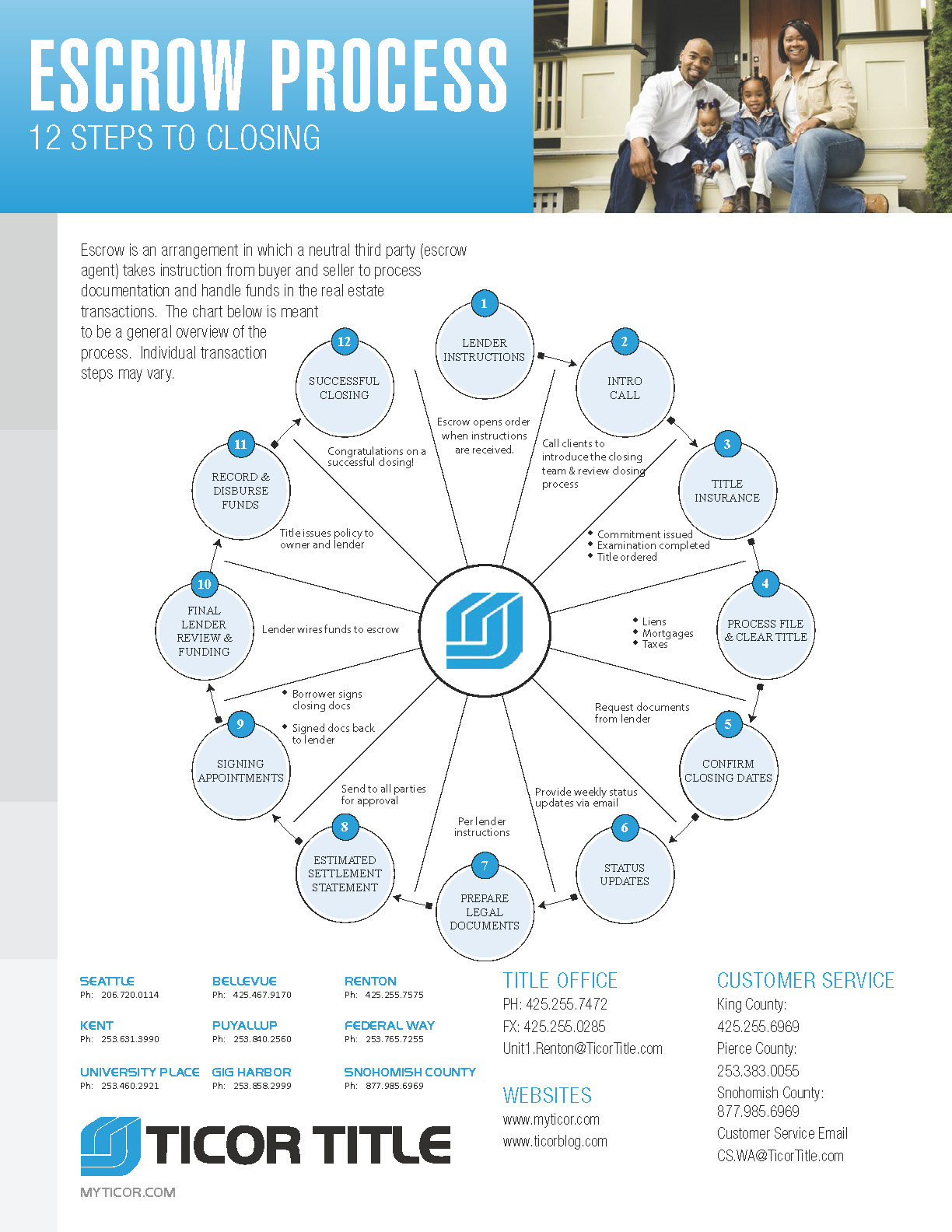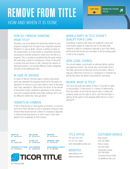 Mom just passed away, and the family wants to sell the home. This is a listing with a motivated seller. But who actually owns it?
Mom just passed away, and the family wants to sell the home. This is a listing with a motivated seller. But who actually owns it?
Of course, the family home (if it isn’t in a trust) will automatically go to the surviving spouse without the need for a probate. But, what about a married person who owned the house as separate property, or Mom who was widowed? Washington law (RCW 11.04.0115) identifies heirs at law who inherit when there is no will, including (in this approximate order) the spouse, children and grandchildren, parents, siblings and children of siblings.
A formal probate allows for the protection and orderly distribution, after payment of debts, of the assets of the deceased to heirs and/or devisees or a sale to a third party by the personal representative. Nonetheless, even though Washington probates are not expensive or time consuming, they often are not done. But how else will the buyer know that all of the title interest is properly conveyed? What if there are valid liens (including estate taxes or state Medicaid reimbursements) against the estate that would otherwise be paid in probate? That is where the “lack of probate” concept comes into play.
Vesting
Title to property of a decedent immediately vests in either devisees (if there is a probated will) or the heirs (if there is no probated will), even if the identity of those parties are unknown at that time – with or without a will, and with or without a probate.
With or without a will
When someone dies, that person will be either testate (with a will) or intestate (without a will). Both can be probated – but it’s not required, even though RCW 11.20. 010 says a will must be filed with the county superior court.
In order for the title company identify who these people are, or whether there is an unprobated will (which could give an interest to a non-relative or charity), it uses an affidavit. The affidavit, usually signed by a relative, must identify all these interests – including the estranged prodigal son who’s been incommunicado for years. It says when and where the deceased lived and died, and identifies any unprobated will or foreign probate. Finally, it states whether Mom received Medicaid benefits, and identifies the value of the estate for estates tax purposes. Based on this information, and deeds from all potential claimants and releases of liens, the title company can usually assume the risk of future claims and insure clear title in the buyer.
Keep in mind that this can be used when the will is probated in another state. Since foreign courts don’t have jurisdiction in Washington, an ancillary court action can be opened in Washington Superior Court that essentially blesses what the foreign court orders. Again, however, that expense and bother can be avoided with the lack of probate approach.
The Realtor® can help the family gather this information and get it to the title company so that the closing can take place and everyone is happy.
 Mom just passed away, and the family wants to sell the home. This is a listing with a motivated seller. But who actually owns it?
Mom just passed away, and the family wants to sell the home. This is a listing with a motivated seller. But who actually owns it?



